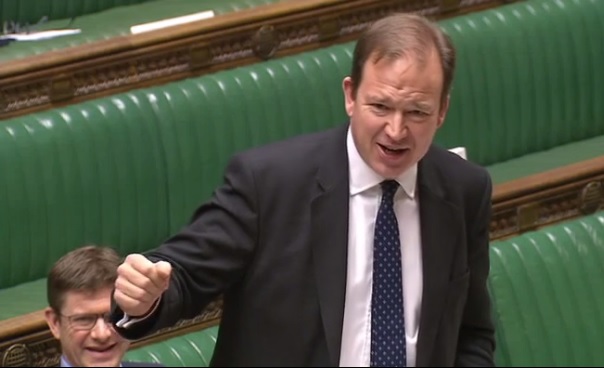
The minister for energy and industry has suggested that the government will use homes treated under the newly privatised Green Deal Finance Company (GDFC) to prop up its own manifesto pledge to improve one million homes over the current parliament.
Speaking about the sale of the organisation set up to deliver the failed government scheme, Jesse Norman said: “This deal will help us to reach that goal,” referring to the 2015 election promise.
The Department of Business, Energy and Industrial Strategy (BEIS) failed to respond to a request for confirmation of the remark, suggesting the achievements of the privatised company will continue to count towards the target set for national government initiatives.
Norman’s comments further support the view that the government has abandoned the able to pay home energy efficiency sector following the collapse of the Green Deal in July 2015.
Former energy secretary Amber Rudd had promised a replacement scheme would be unveiled early in 2016 at the latest before then parliamentary under-secretary Lord Bourne said on 19 January 2016 that “a set of principles” for a new initiative would be published before the end of the year.
BEIS would not be drawn on if a new energy efficiency scheme to replace the Green Deal was being developed, nor would it explain if any work was being done in this area at all.
In this case the Energy Company Obligation, which requires energy suppliers to carry out improvement measures on their customers’ homes, would be the only government scheme seeking to improve the UK’s domestic building stock.
The cost of this scheme is leveraged from consumer bills, with no direct government expenditure being directed into the scheme. However, ECO is to be reduced in expenditure and scope when a new version dubbed 'Help to Heat' is introduced in 2018 after a transitional year following the end of the current scheme in April.
This would leave the able to pay sector absent from any government support, potentially placing the government’s manifesto pledge in jeopardy were it not to adopt the figures from the newly privatised GDFC.
